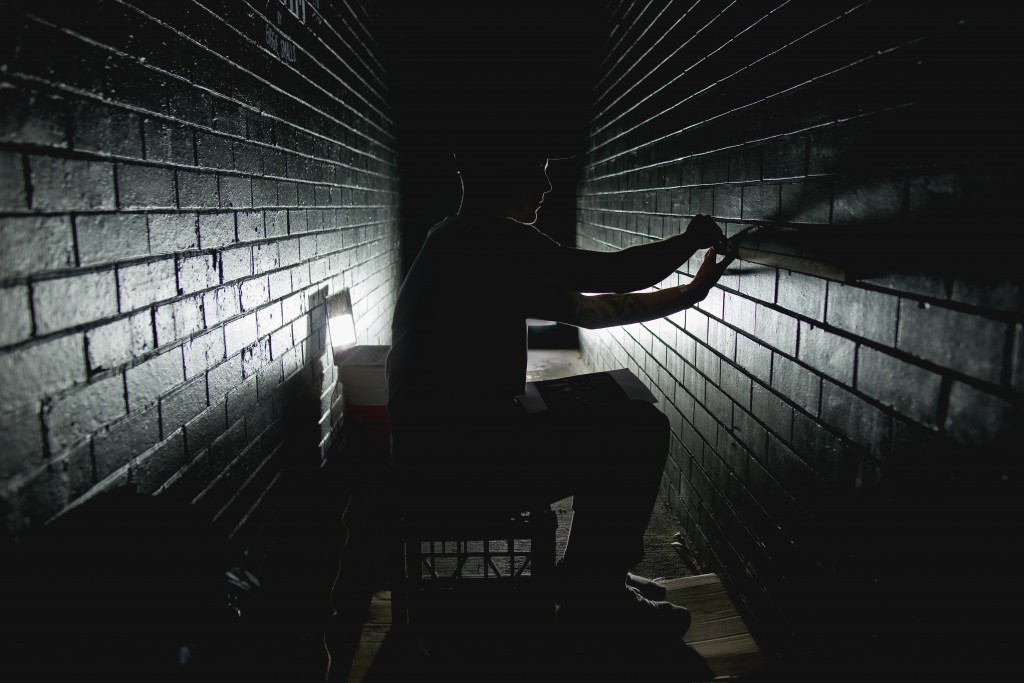
Update: Mountain Catholic asked me to do a follow up podcast with them about this post. Link and some thoughts about why talk about sexual morality topics can be found here.
This is going to mark the beginning of a series of examinations of sins connected in various ways to human sexuality. I will begin each of these posts with a reference to the Catechism of the Catholic Church to serve as a content and/or trigger warning for those who may, for various reasons, not want to read a discussion of these issues.
Lust is disordered desire for or inordinate enjoyment of sexual pleasure. Sexual pleasure is morally disordered when sought for itself, isolated from its procreative and unitive purposes. ( CCC 2351)
By masturbation is to be understood the deliberate stimulation of the genital organs in order to derive sexual pleasure. “Both the Magisterium of the Church, in the course of a constant tradition, and the moral sense of the faithful have been in no doubt and have firmly maintained that masturbation is an intrinsically and gravely disordered action.” “The deliberate use of the sexual faculty, for whatever reason, outside of marriage is essentially contrary to its purpose.” For here sexual pleasure is sought outside of “the sexual relationship which is demanded by the moral order and in which the total meaning of mutual self-giving and human procreation in the context of true love is achieved.”
To form an equitable judgment about the subjects’ moral responsibility and to guide pastoral action, one must take into account the affective immaturity, force of acquired habit, conditions of anxiety, or other psychological or social factors that lessen or even extenuate moral culpability. -(CCC 2352, bold added).
Today, I’d like to begin our discussion on sexual sin with a discussion of masturbation—not because it is the most obvious point of departure according to how sexuality works, but because it is a most necessary point of departure considering how people are today. According to the 2009 National Survey of Sexual Health and Behavior research, as crunched into understandable terms by 538, a lot of people have masturbated at least once in their lives, and over 50% of male and female millennials, by which I mean adults ages 18-39 in this article, have masturbated at least a few times or more per year in terms of frequency. Now, I don’t know all the scientific methodology used to analyze the data of the survey, but at the very least, this survey of 5,865 Americans ages 14-94 (the data 538 uses is segmented by age groupings) suggests that it might be worth talking about to men and women, even Catholic men and women.
Now, if you are looking for a hellfire and brimstone sermon, this isn’t it. Because, odds are, if you are a Catholic male with a pulse who struggles with this sin and have gone to a men’s group or to confession ever, you know it’s a sin. If you are a Catholic woman with a pulse who struggles with this sin, you probably haven’t gone to a women’s group and perhaps not even to confession about it, but the serious radio silence on the topic might have suggested to you that it is something so horrible to do that we cannot even bring ourselves to speak of it. If this is news to you, please go back to the top and read the Catechism portion. Okay, so we all are on board: masturbation is a very, very serious sin; at least masturbation is very, very grave matter. No one should be doing it.
So now what? Well, I’d like to talk about why it is such a particularly dangerous sin. There is the fact that it involves an intrinsically and gravely disordered action, but that’s not its most sinister impact. The most sinister impact of masturbation is not that it is sexual, but that it is habitual. It is a habit that, in particularly within Christian, and specifically Catholic culture, connects with a deeply rooted sense of shame and failure. Not that shame for doing wrong is always bad, as it is a good indicator when things go awry morally. However, shame can be warped and, rather than lead to the Sacrament of Reconciliation, can combine with the other factors involved in this sin, often resulting in despair of salvation, the most sinister impact of masturbation.
A person might commit detraction and calumny, sins which the Catechism states “destroy the reputation and honor of one’s neighbor.. [They] offend against the virtues of justice and charity” (CCC 2479) and which St. Francis De Sales calls “a form of murder…[in which the slanderer] kills his own soul and the soul of anyone who hears him by an act of spiritual homicide and takes away the social life of the man he slanders” in our presence, and yet we often think nothing of it. But, masturbation is something we talk about only behind closed doors and in whispered tones, and sadly, not always even in the confessional. Yet, in the case of calumny and detraction, a person can often simply decide not to destroy the reputation and honor of their neighbor by an act of the will. It’s not a habitual action that involves the complex intricacies of our bodily reactions and the deep reality of the body-soul union.












